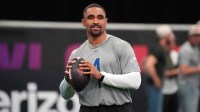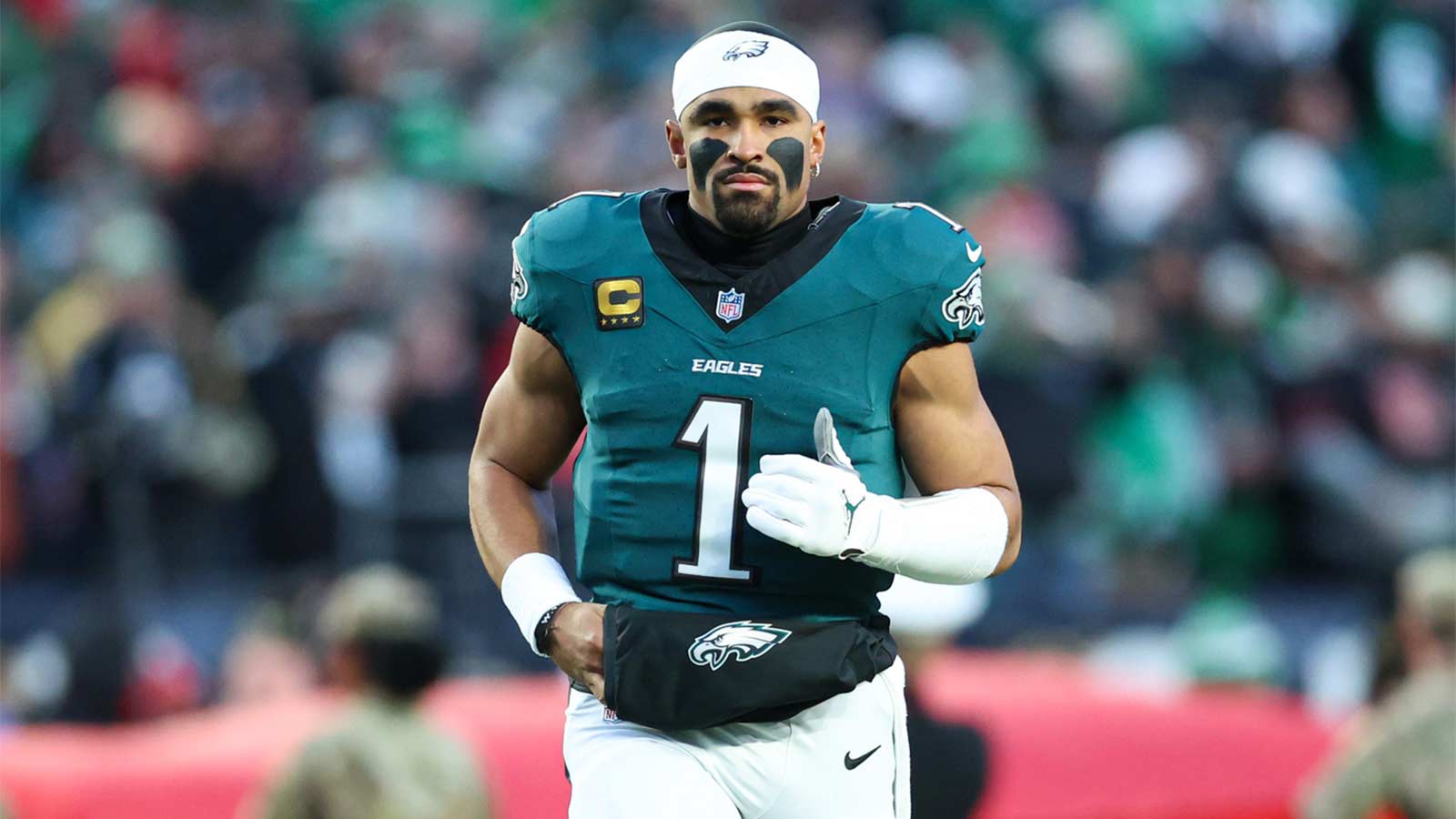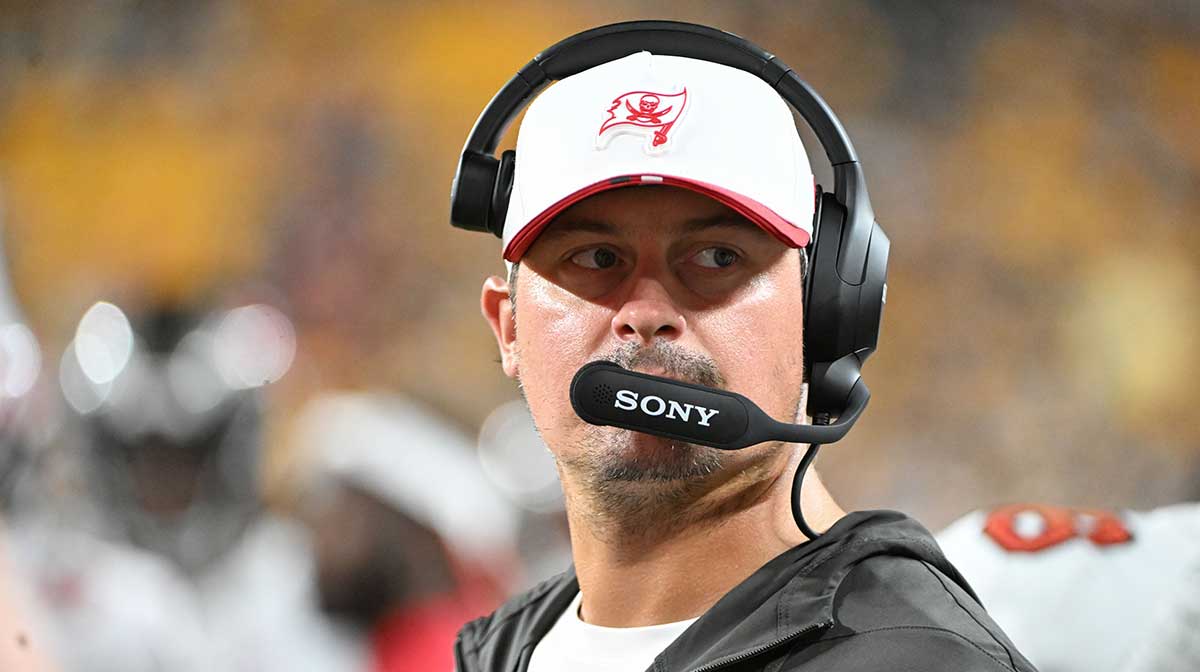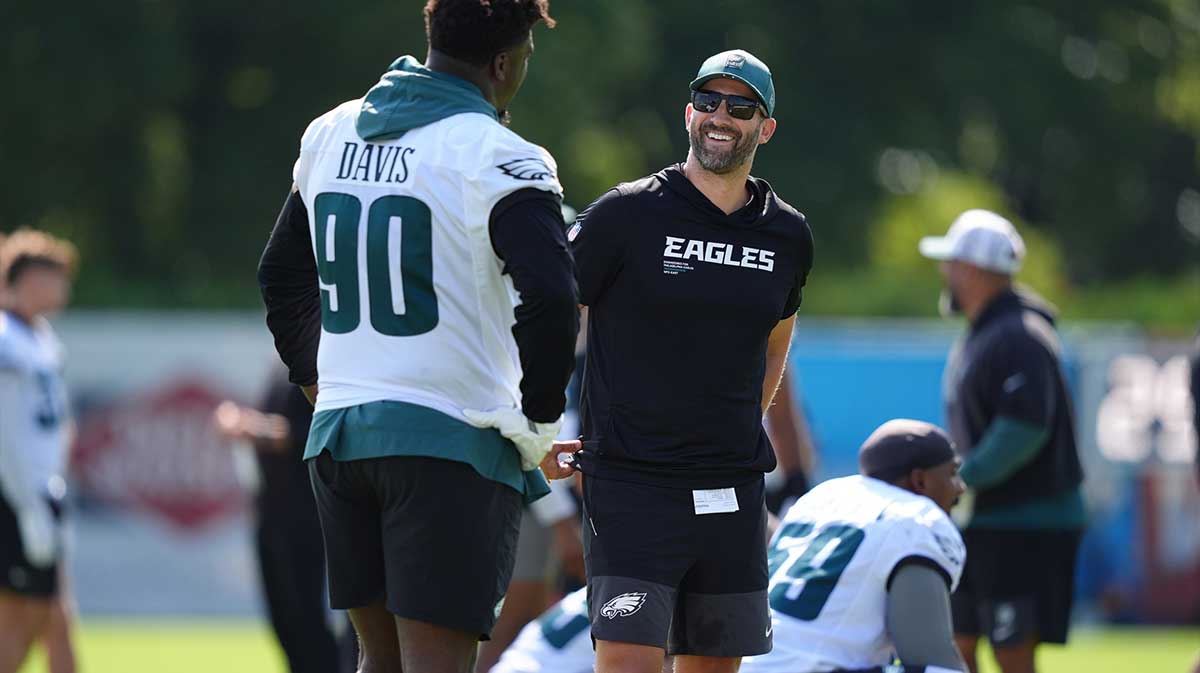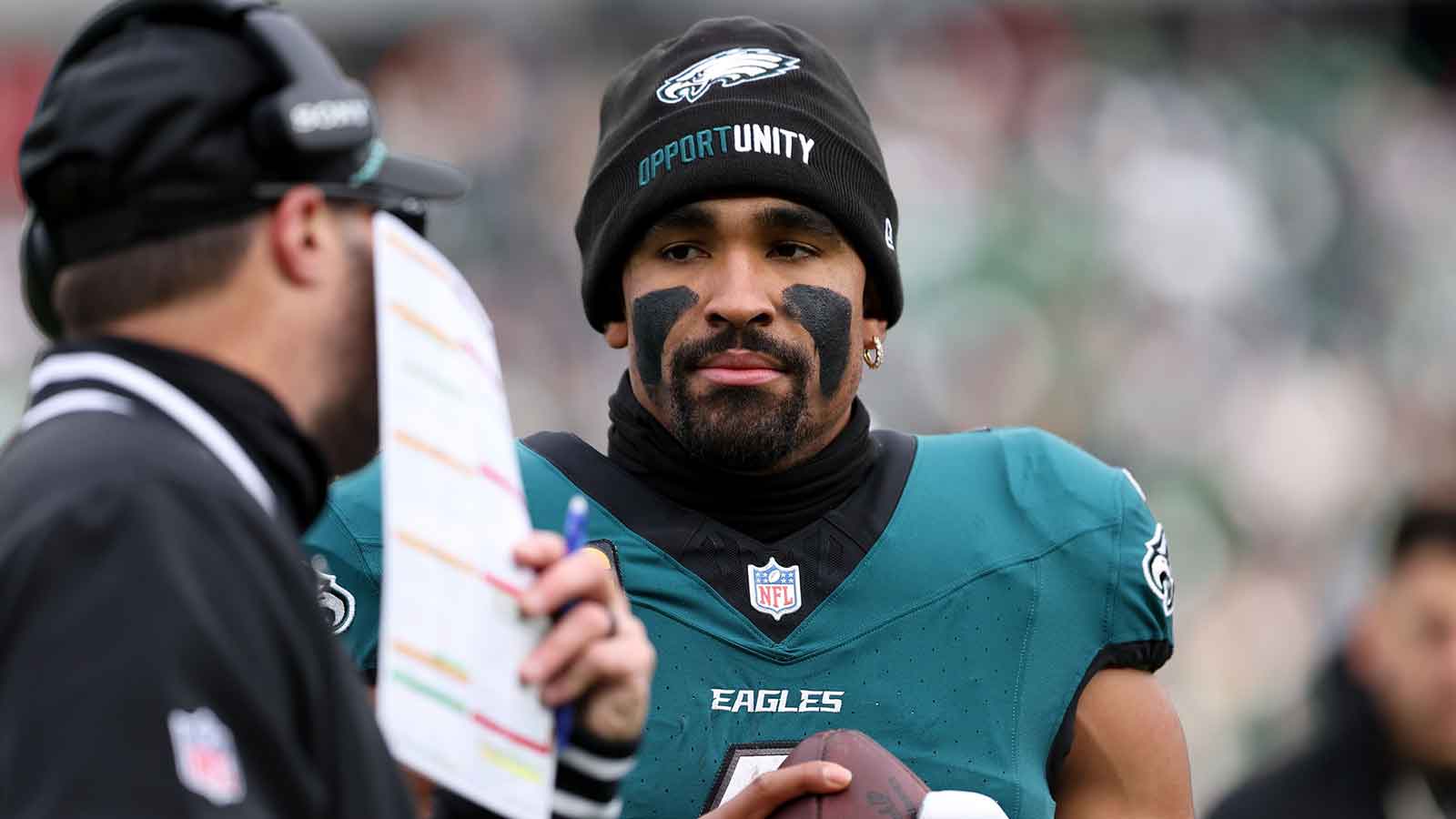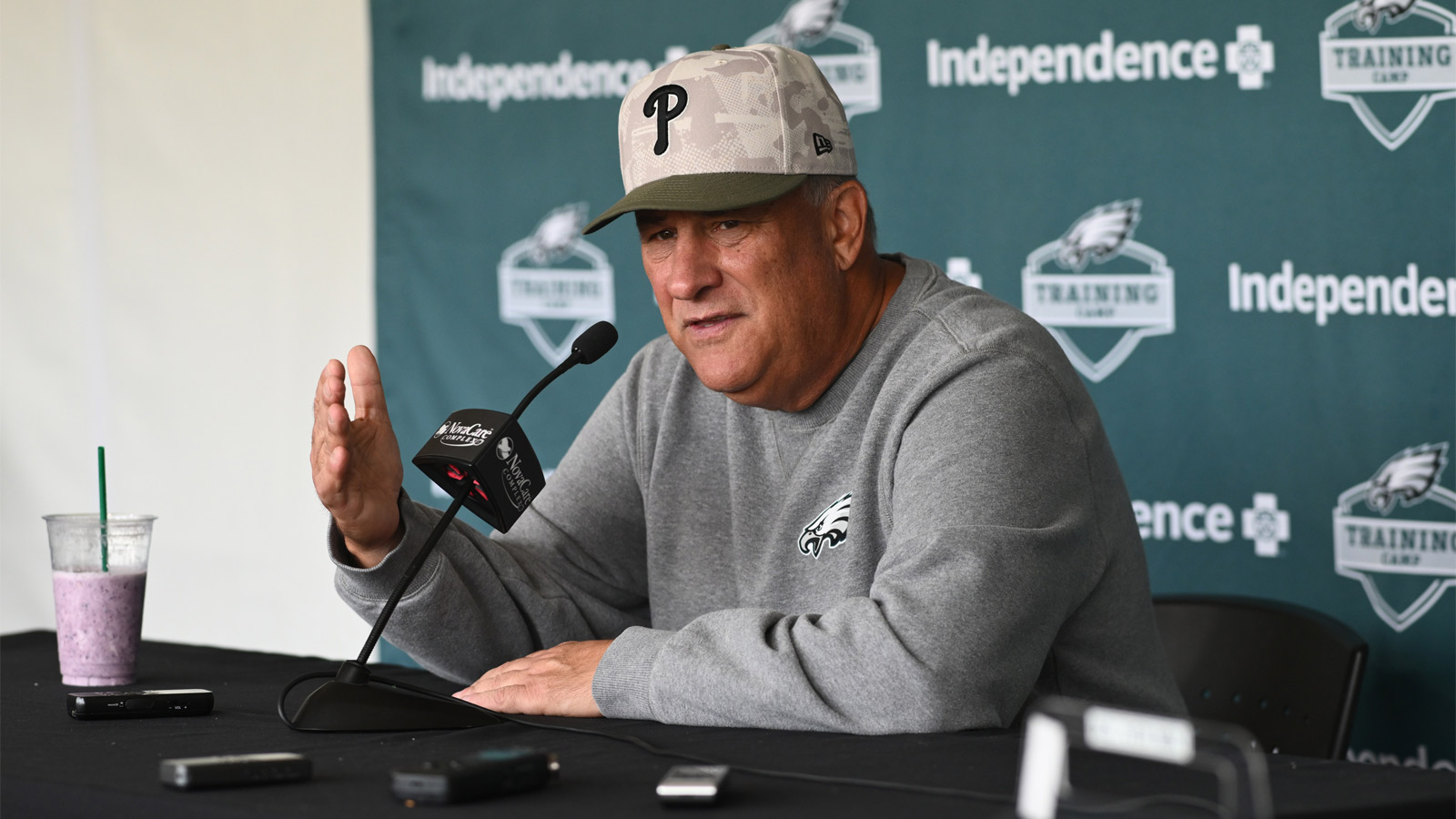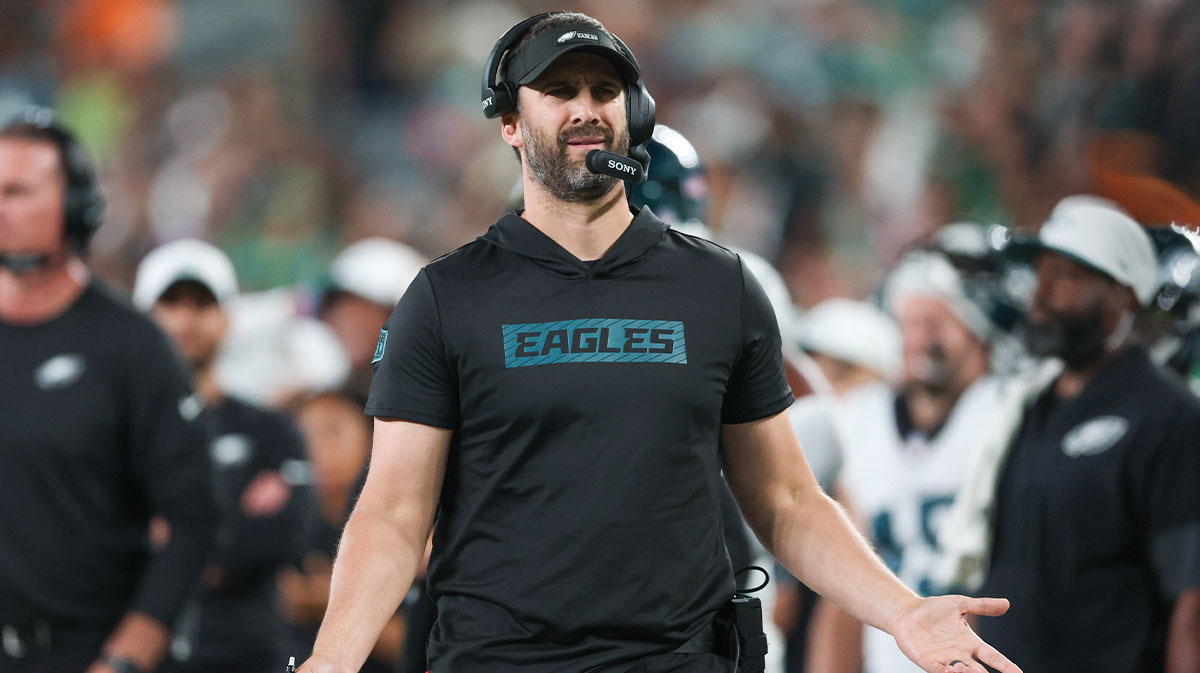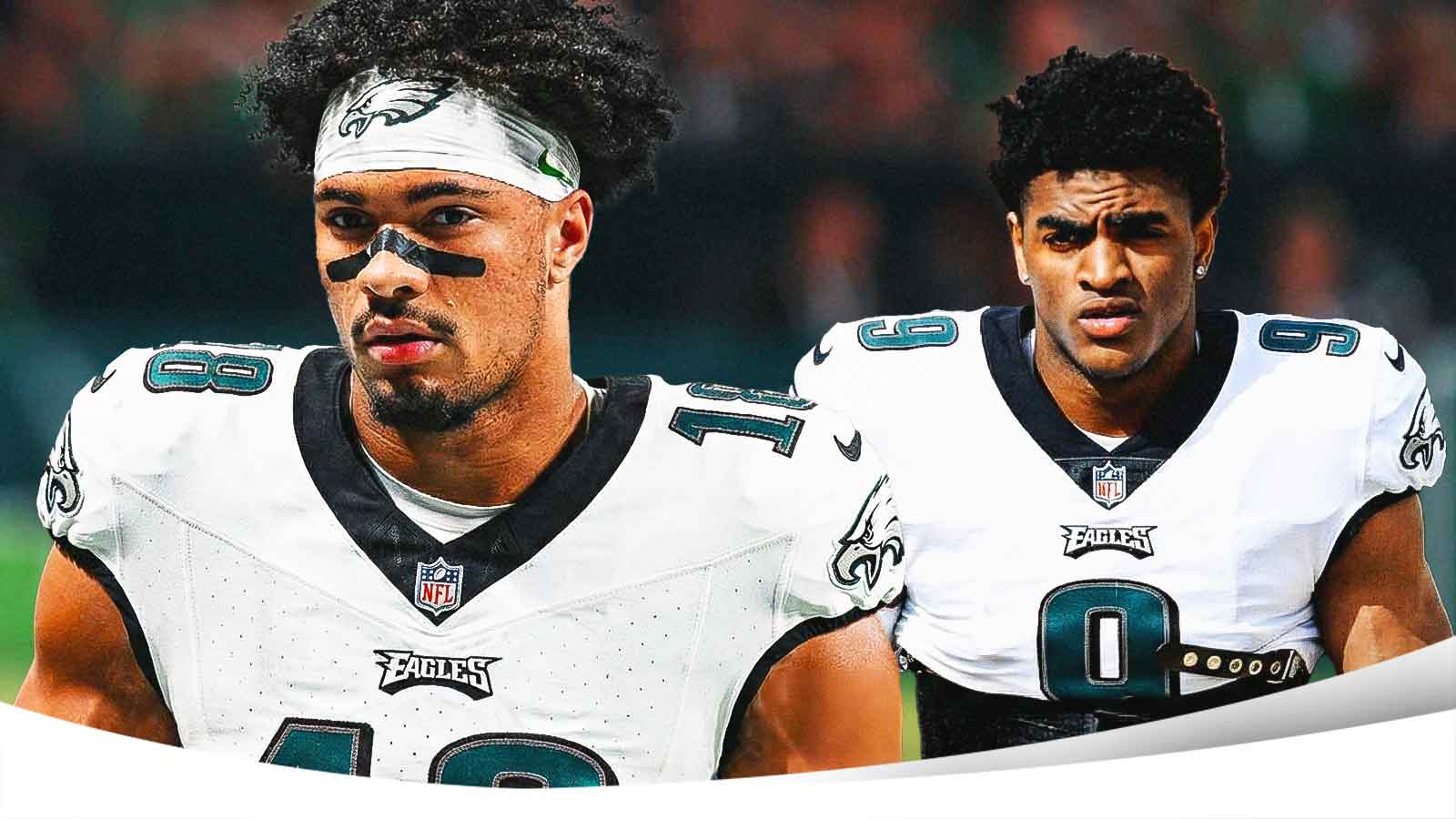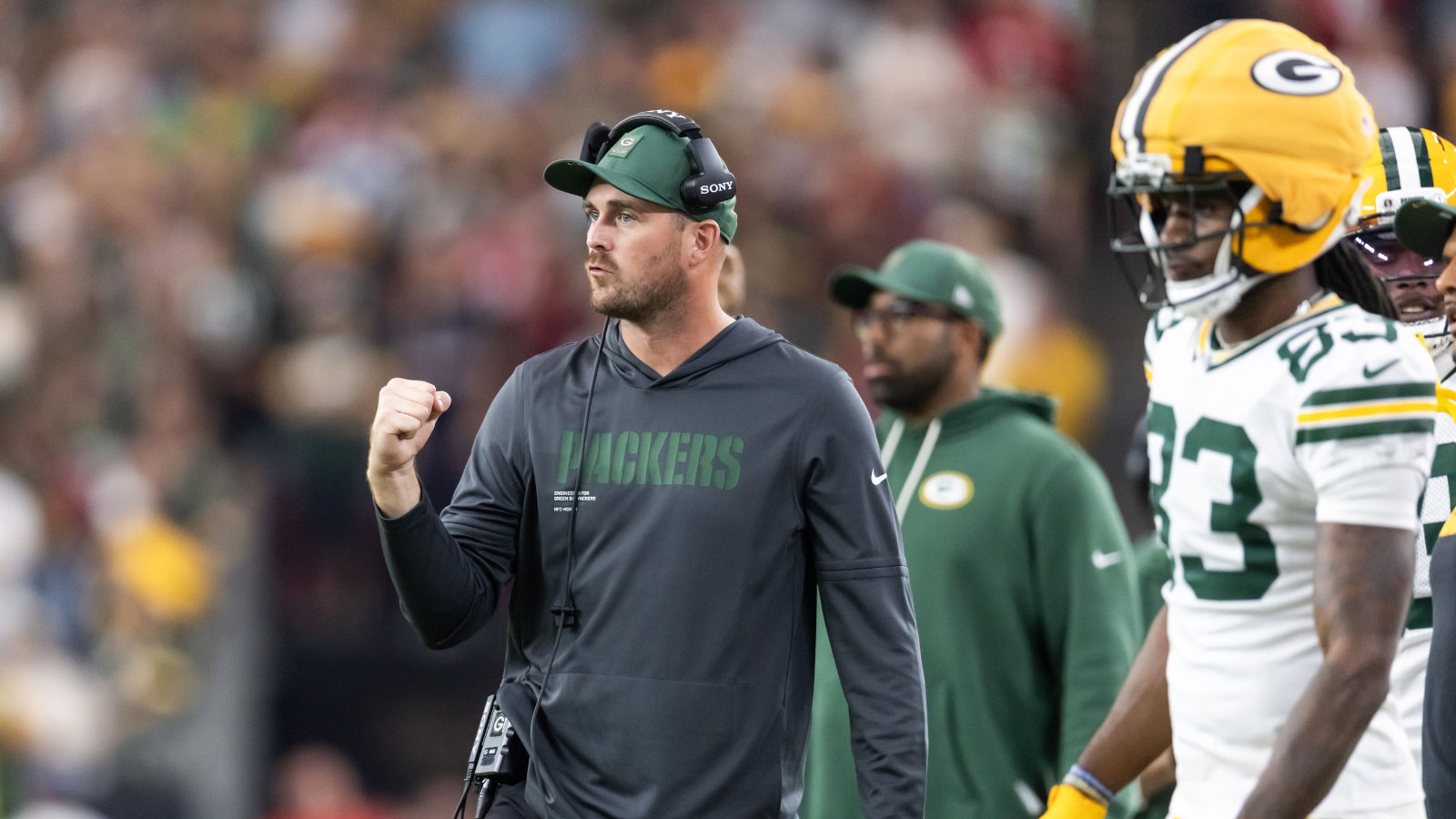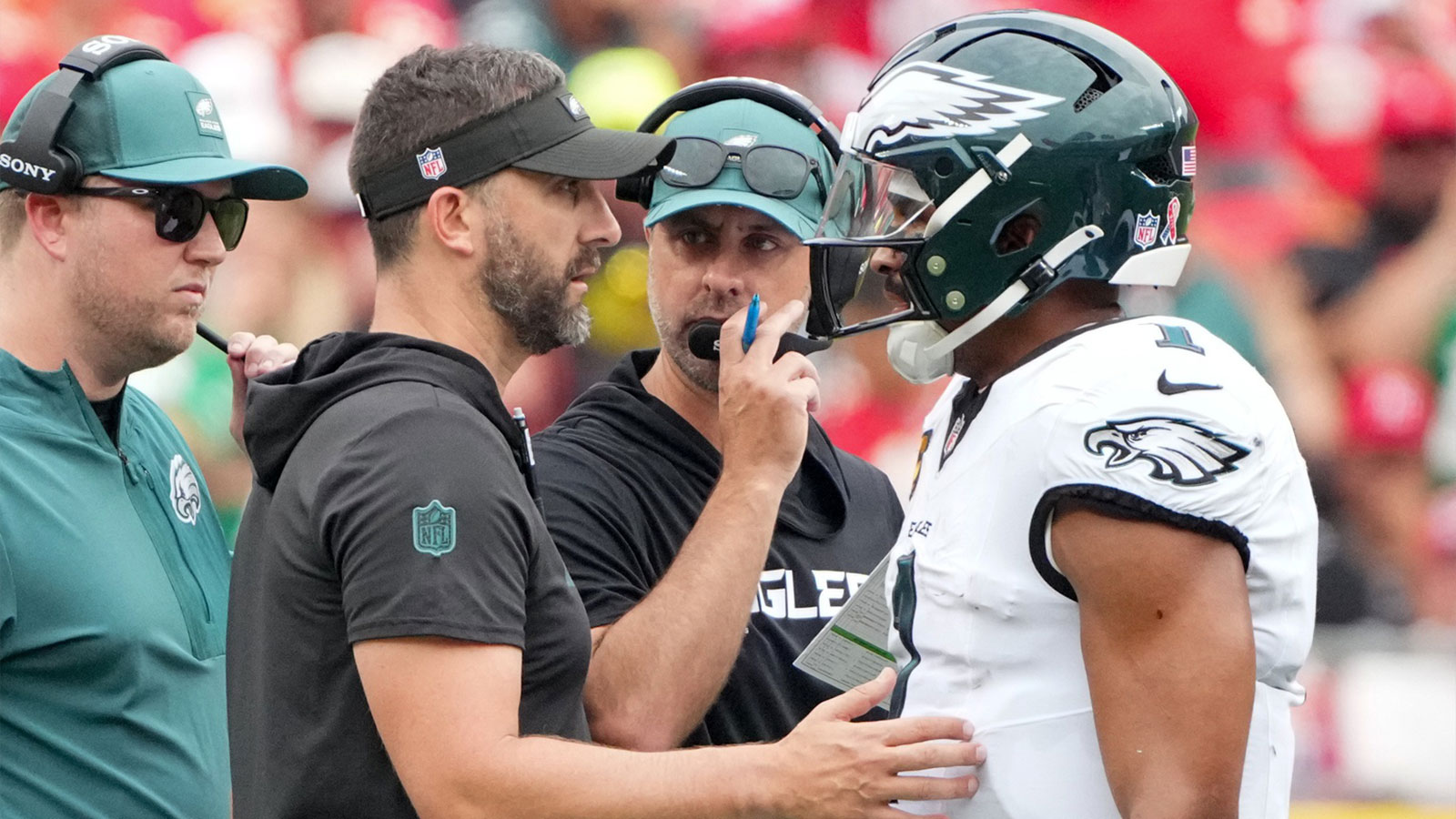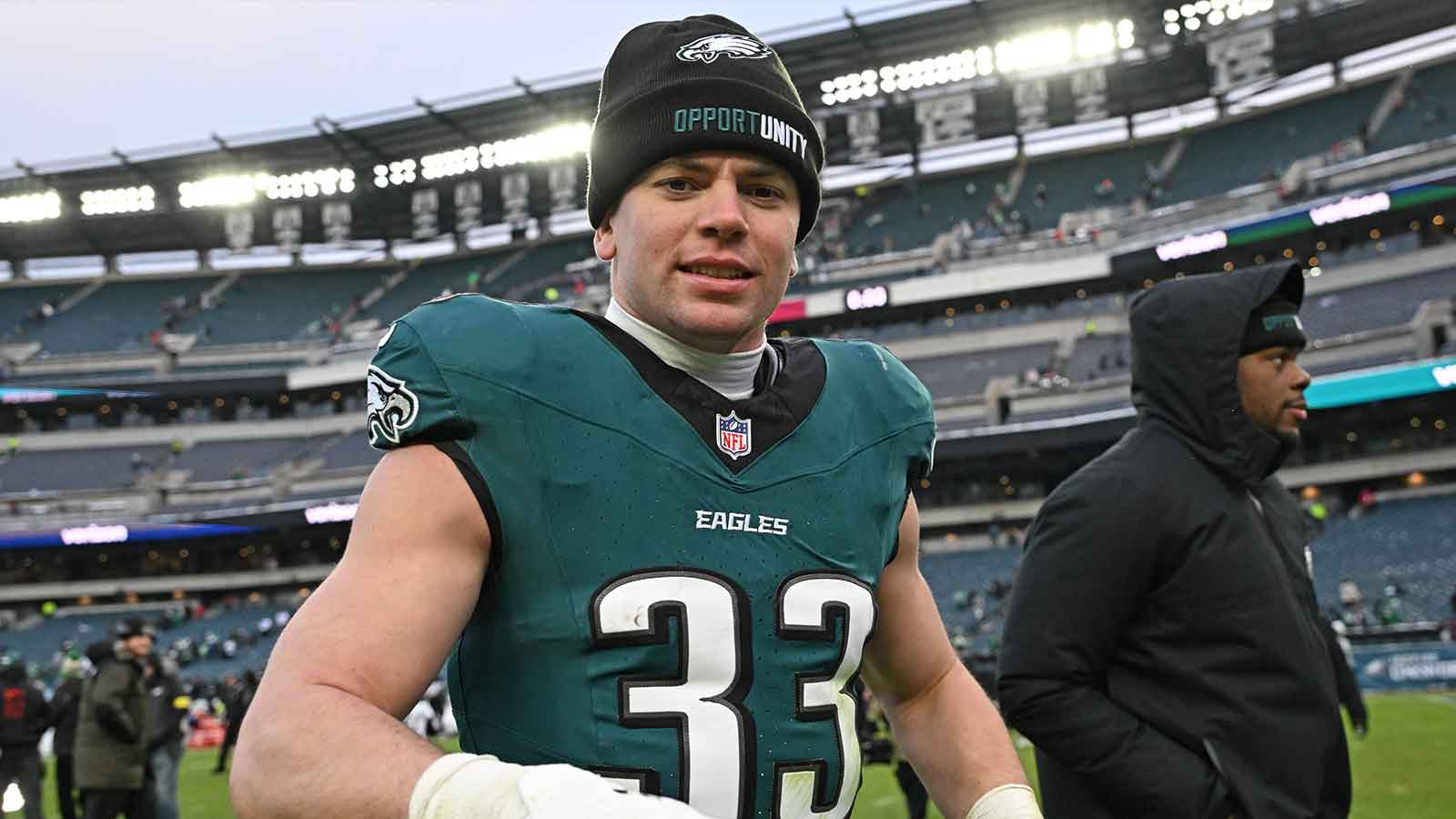Running back Jordan Howard was recently traded from the Chicago Bears to the Philadelphia Eagles. With Howard now slated to play for a new team for the first time in his professional career, the Eagles have added a solid presence in the backfield that will likely encounter of the majority of the workload going forward.
However, Andrew Brandt of Sports Illustrated's The MMQB believes that such a deal between the Bears and Eagles shows one glaring disadvantage for NFL running backs.
“The Jordan Howard trade—from the Bears to the Eagles for a 2020 sixth round pick (which could become a fifth)—presents an even more troubling scenario for the NFL position with the shortest shelf life,” reads the recent article from the aforementioned Brandt. “The Bears received great value from Howard early in his career, and now the Eagles will receive similar value as they inherit the last year of his fixed and controlled rookie contract. The Eagles used this same strategy during their Super Bowl year, acquiring Jay Ajayi midseason at roughly the same point of his career, before showing no interest in his return and replacing him with Howard. (Ajayi did suffer a torn ACL in 2018.) Running backs are especially disadvantaged by the rookie pay system, heavily used during their most productive and lowest-paid years before being replaced by younger and cheaper options. Running backs truly need their own union.”
Even so, the Eagles will now employee Howard for at least one season while the NFC East franchise could make it two if Philadelphia picks up his fifth-year option.







